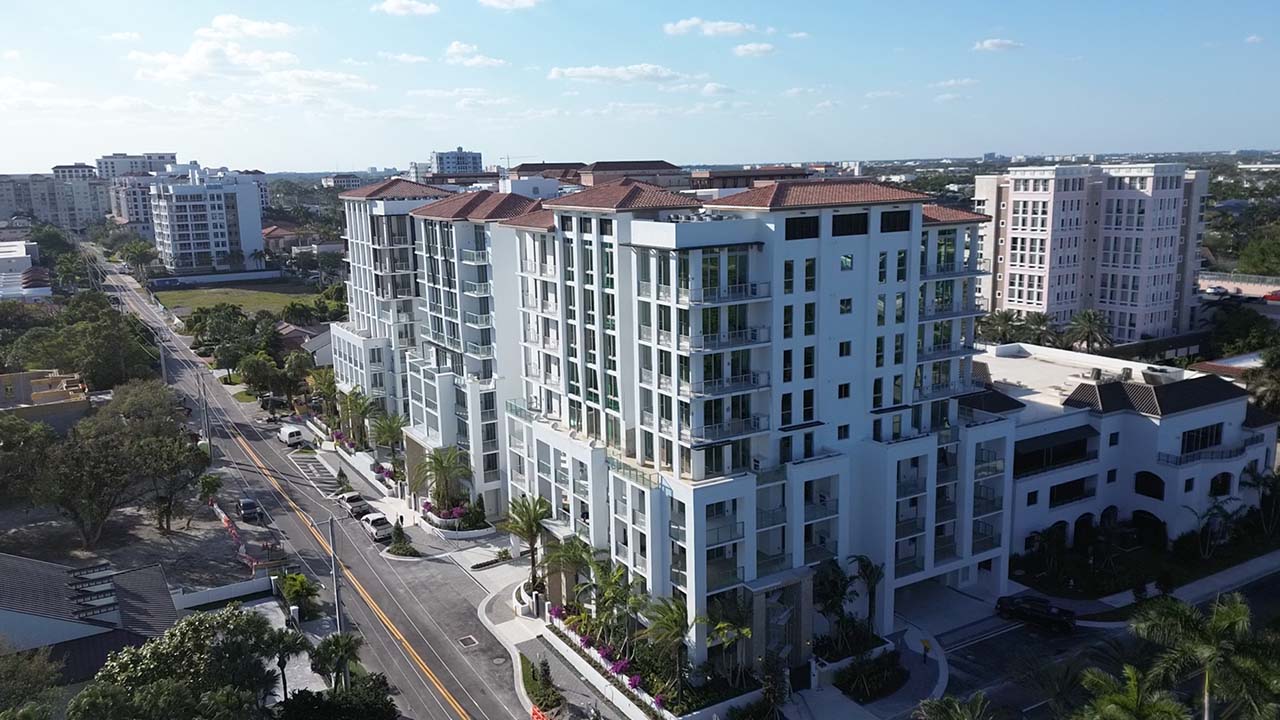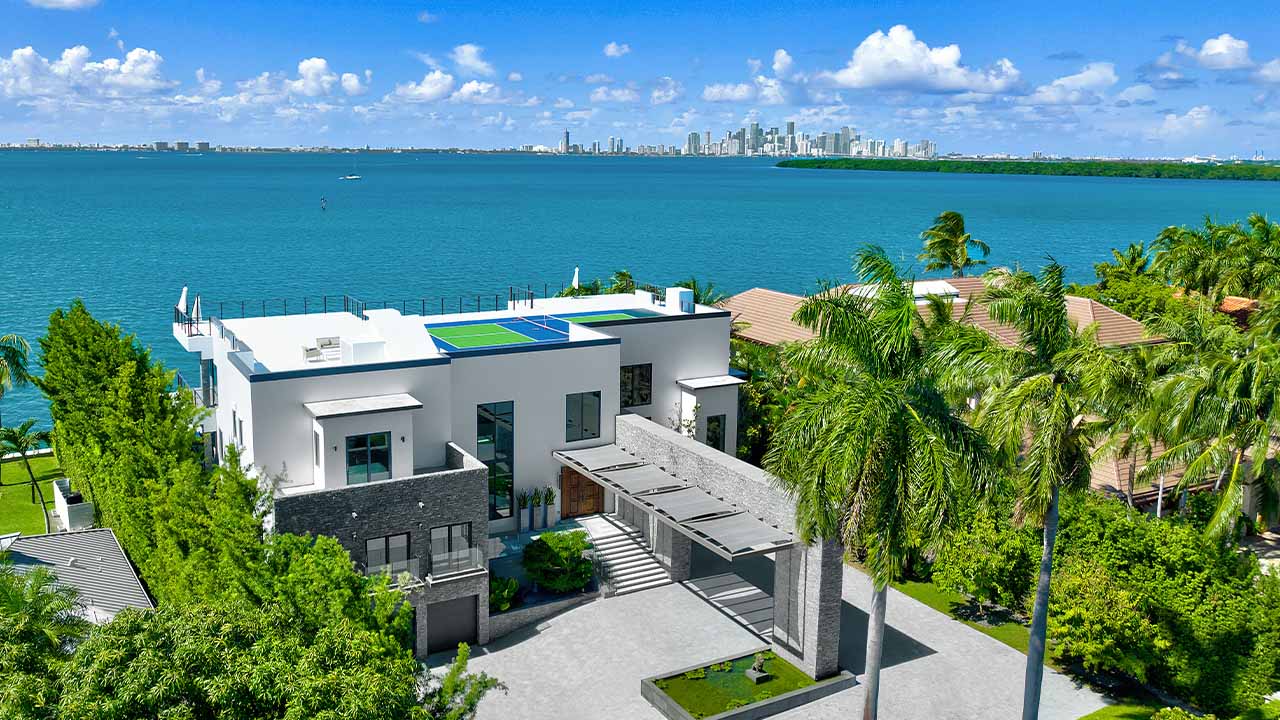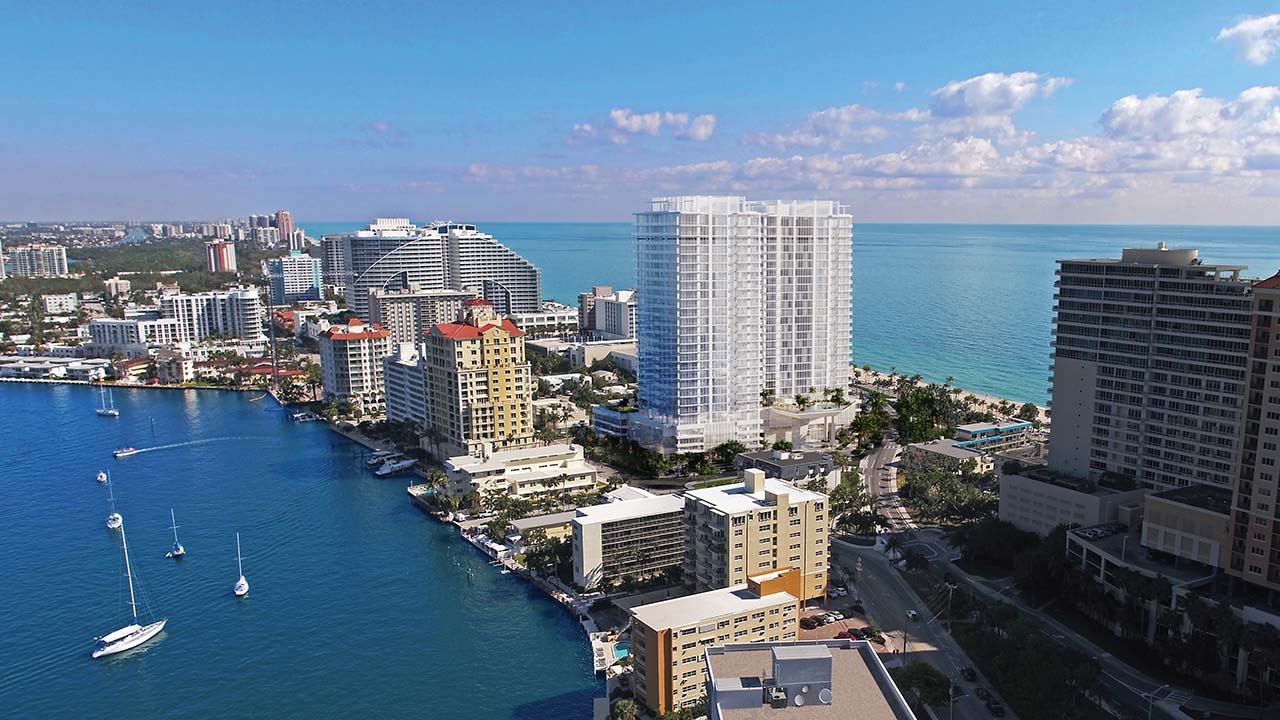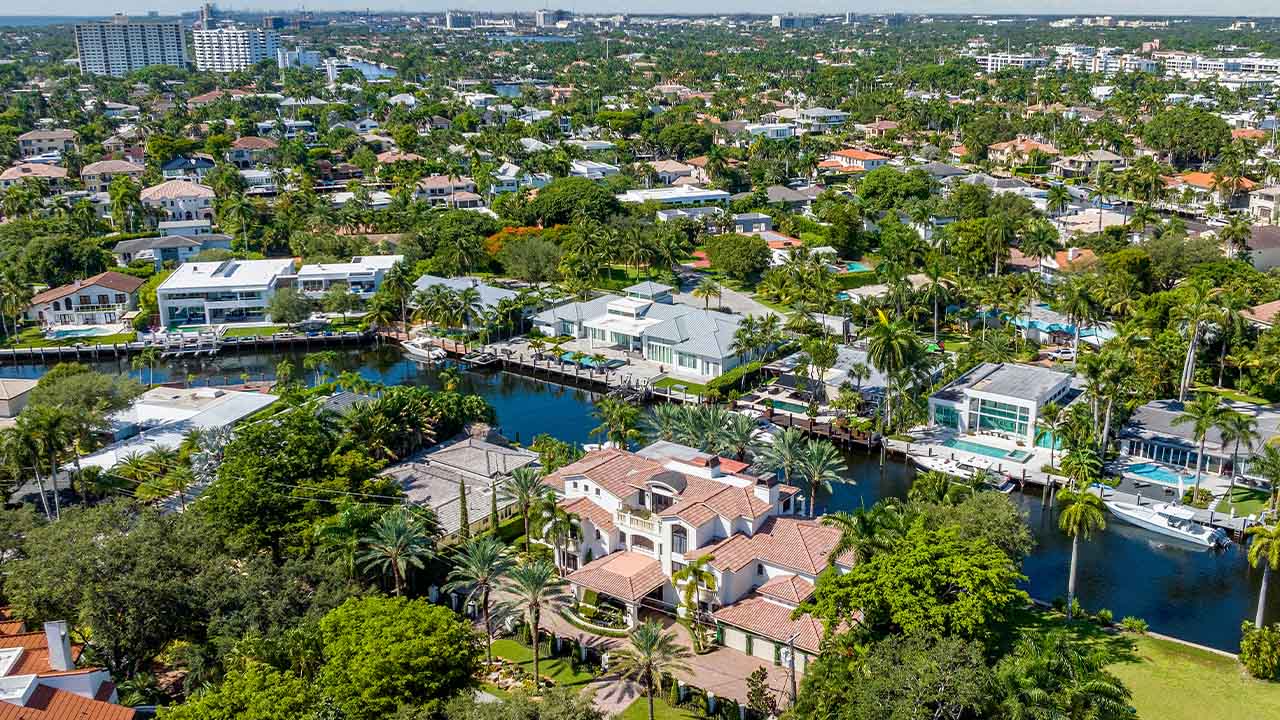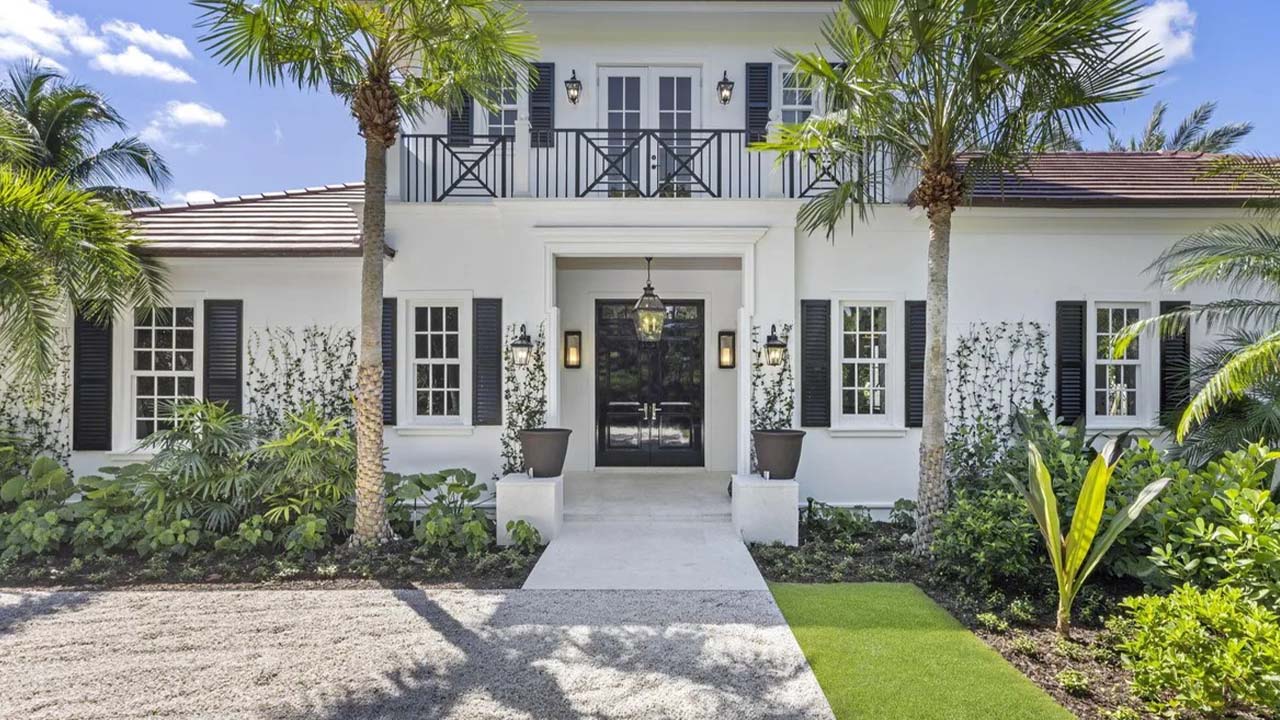By Darcie Lunsford
Economists depict real estate cycles as wavy lines with soaring peaks and sinking valleys. But in South Florida, it often feels more like a circle, where we always end up in the same place.
History seems to be repeating itself as surging home prices have once again sparked a fevered debate about the need for affordable and workforce housing. And once again, Broward County is considering slapping a new impact fee on retail, office, hotel and warehouse developers to help fill the funding gap.
Broward County commissioners have recently approved moving forward with drafting a “linkage fee” requirement on all nonresidential developments to pay for affordable housing initiatives in the county. If approved, the new ordinance would amend the county’s land development code to allow for an additional impact fee on commercial developers. The draft ordinance could be back before the county commission and up for a vote as early as March.
How much the impact fee will be and exactly how it will be used have yet to be determined, but the staff proposal calls for:
• $1 to $5 per square foot on new retail and office, including restaurants.
• 50 cents to $2.50 on all other nonresidential development.
The county first toyed with this type of linkage fee in 2007; if it had been implemented, it would have generated at least $2 million in revenue in 2014, according to county staff.
“The affordable housing issue didn’t go away, it was just hidden by the recession,” says Henry Sniezek, deputy director of the Broward County Environmental Protection and Growth Management Department. “We are just picking up where we left off in 2007 and 2008.”
Indeed, housing prices have rebounded in Broward County and across South Florida. In November, the median price for a single-family home in Broward County was $290,500, an 8.6 percent increase compared to November 2014. The county, however, is still below its peak bubble pricing of nearly $368,000.
Similar to what happened during the last housing boom, wages have simply not kept pace with spiking home and rent prices, creating an affordability gap.
A county-funded study by the Metropolitan Center at Florida International University reports that nearly half of all households in Broward County are spending more than 30 percent of their income on housing, which is considered to be cost-burdened. And 52 percent of those households are deemed “extremely cost-burdened,” which means they spend more than half their income on housing.
Unfortunately, another parallel with the last housing boom is also likely to make the county’s idea of assessing commercial developers a fee for affordable housing a tough sell: Most new development is residentially oriented because it is still viewed as the highest and best use for development sites. Few new office buildings or industrial facilities have been built in Broward in recent years.
“I think the land and construction costs are just so extraordinarily expensive,” says Heidi Davis Knapik, a land use attorney at Gunster in Fort Lauderdale. “Adding another fee will just make it that much more difficult for commercial development.”
To compound matters, the amount of money that stands to be raised is insufficient to put a dent in the problem. The county has estimated that it may be short as many as 65,000 affordable housing units to meet current demand. A few million in revenue a year can’t begin to tackle the scope of the cost.
“The lack of affordable housing is a government-created policy failure. The current land use regime has created the shortage of supply,” says Kyle Jones, portfolio manager at Stiles and president of NAIOP South Florida, the commercial development trade association. “Policy makers should be taking steps to incentivize the private sector to provide the supply. They’ll never be able to solve the problem through tax and spending programs. Solving the problem requires a holistic change to land use regulations.”
Freelance writer Darcie Lunsford is a former real estate editor of the South Florida Business Journal. She is the senior VP for leasing at Butters Group and is avoiding a conflict of interest in her column by not covering her own deals.



